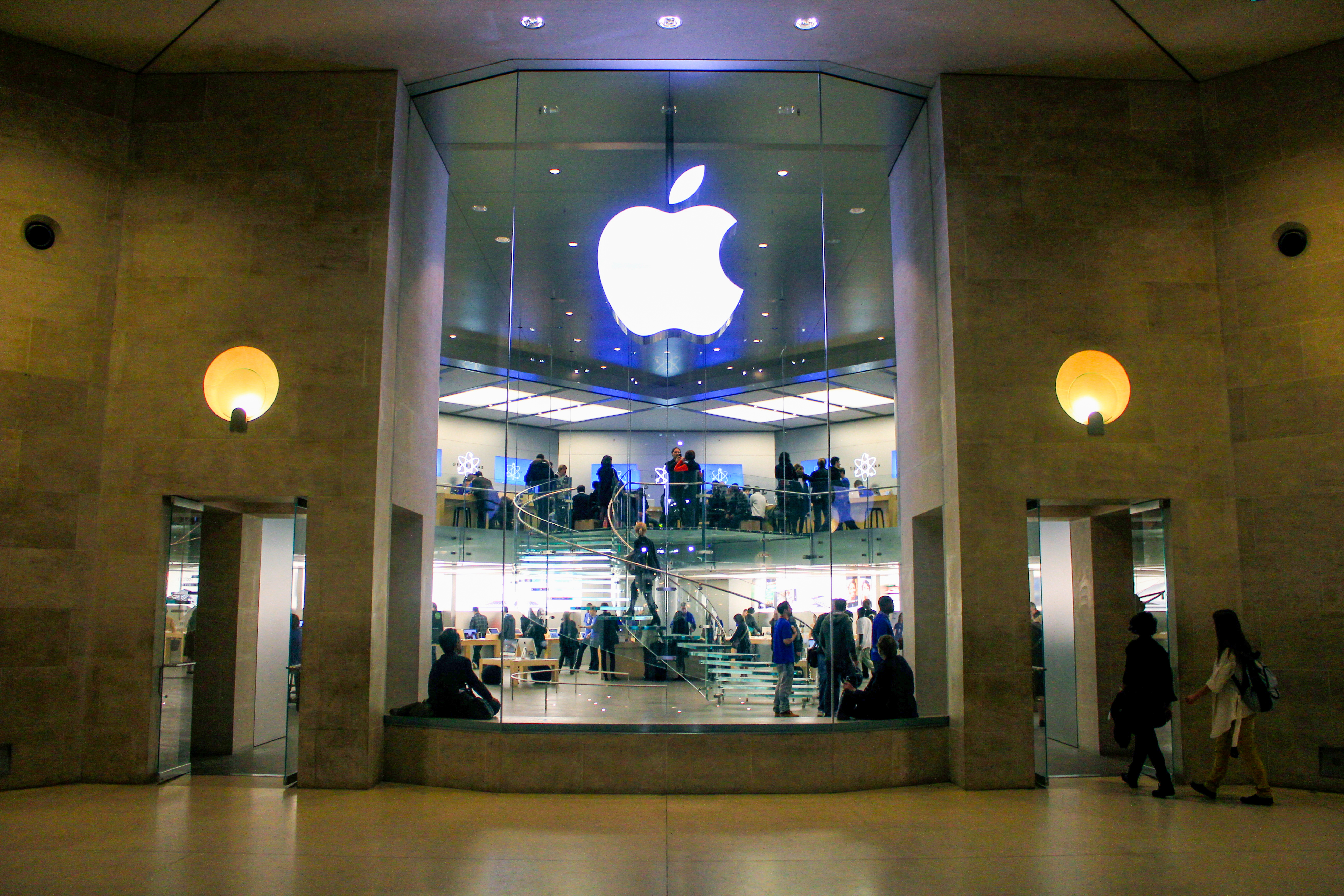On Tuesday, the European Commission ruled that Apple must pay the equivalent of $14.6 billion in back taxes to Ireland.
This outcome marks the largest tax ruling in the EU’s history, and it is believed that it could set a new precedent in how the EU treats overseas corporations.
Apple plans to appeal the decision. The Commission claimed that the Irish government had provided illegal aid to Apple for over 20 years by artificially lowering its tax bill.
One member of the Commission clarified, “[EU] member states cannot give tax benefits to selected companies— this is illegal under EU state aid rules.”
The U.S. government responded negatively, calling the retroactive application of taxes unfair.
Although some have called into question Apple’s continued presence in Ireland, it doesn’t appear as if the jobs of local workers will disappear anytime soon.
In fact, Apple appears to still be hiring in Ireland right now. Apple’s Irish workforce is currently 6,000 strong.
Still, Apple CEO Tim Cook warned that "the most profound and harmful effect of this ruling will be on investment and job creation in Europe."
There is little debate over whether Apple can and would eventually leave Ireland and the EU entirely. If Ireland or other European countries can’t offer Apple a favorable tax deal, there certainly will be other countries that will.
Apple is said to have paid about 1 percent in taxes on profits to its Irish subsidiaries, well below Ireland’s 12.5 percent top tax rate.

